March 1st, 2018
BURLINGTON, ON
Rivers suggests there is a pot calling the kettle black on the matter of corruption at the Tory debate for a new leader.
The candidates for the Ontario PC party called the Wynne government corrupt at their first debate and again at the last one this week. When they accused the Liberals of corruption they offered only innuendo to substantiate to those accusations for a Liberal party which has been in power now for a decade and a half.
And then Tanya Granic Allen, gave the term real substance as she turned on her own political party, citing why both the PC party and its former leader Patrick Brown were corrupt. Doug Ford raised his concern that there might have been ballot stuffing at one of the nomination meetings he’d attended. And if faking memberships and financial wrong doing is what Patrick Brown had been doing for personal gain or to win the PC leadership, that too would certainly qualify as corruption.
Allen went further, accusing each of the other candidates of doing nothing to stop Brown – alluding complicity, turning the other way, and letting him get away with it. And then she wondered where they had been when Brown had developed a platform, at least some of which they have all rejected a mere three months following its formal acceptance by her party. And where was she?
There was something surreal about this exhibition as the candidates responded to the debate questions emanating from the party membership. For example, everyone complained about the size of the provincial debt, even though they are all planning to run sizeable deficits for at least their first couple of years. And none of them seemed to understand that the province had already balanced its budget, at least as far as official accounts go.

All four candidates would dump the mandated national carbon tax and take the federal government to court.
They argued to a person that they’d defy the mandated national carbon tax and would take the federal government to court, as only Saskatchewan has suggested among all other jurisdictions. They all agreed that our climate was changing but nobody had a serious plan to do anything about it. And Ford was vehement that he’d scrap Ontario’s existing cap and trade system which the Trudeau government has accepted as an alternative to a carbon tax.
Allen complained about the high cost of electricity, laying the blame entirely on renewable energy and promising to “rip wind turbines out of the ground” and tear up the green energy contracts. She said she’d read a Fraser Institute report which had convinced her she could do this without encountering any legal or financial recourse. That naive notion was challenged by Christine Elliott, a lawyer by training and former MPP, pointing out that such an action would end up costing even more.
A question about the possibility of combining Ontario’s public and separate school systems was met with a big a big negatory (neg-a-Tory) response by everyone by everyone. And Elliott then embarrassed herself by making an unfortunate reference to former leader John Tory’s election loss – which has been attributed to an election promise to fund more, not fewer, separate schools.
Caroline Mulroney was the lone voice opposed to scrapping the three year old sex-ed curriculum. Mulroney is running third and that is probably where she deserves to be. She may be polished, poised, well spoken, and have a political name, but she suffers from an obvious lack of familiarity with the province and Ontario’s bread and butter issues. She mostly rattled off theory and platitudes, or quoted from the PC platform which the other candidates have largely discarded.
Doug Ford was pointed and cogent for the most part. He made an oblique appeal to the male crowd by claiming that ‘# me too’ was as important for men as for women. But he looked flustered and grumbled when the moderator had to cut him off for taking too long to make his closing remarks.
Ford made big points taking on Elliott about what he saw as her flip-flopping on sex ed and carbon taxes, though she refuted both. And he stuck it to her about working for the Liberal government as its $220,000 per year patient ombudsman. She swung back that she’d been hired by an independent panel, but nobody was buying that smoke. Elliott was a much more confident candidate this debate than before and she should be since she is now roughly tied with Doug Ford for first place.
Watching Tanya Granic Allen was an uplifting experience. She communicates better than all of the other candidates put together – but it is what comes out of her mouth. But then she is really just a fringe one-issue candidate, and fittingly trailing the others in recent polls.
Voting for members starts this Friday and the results of the preferential ballot will be known March 10. Preferential (ranked) ballots can be unpredictable since in a tight race so much depends on second and third choices And nobody knows who’ll receive the votes which might have otherwise gone to Patrick Brown, should his folks vote at all. If the numbers can be believed, there are over a hundred thousand new members which he brought into the party.
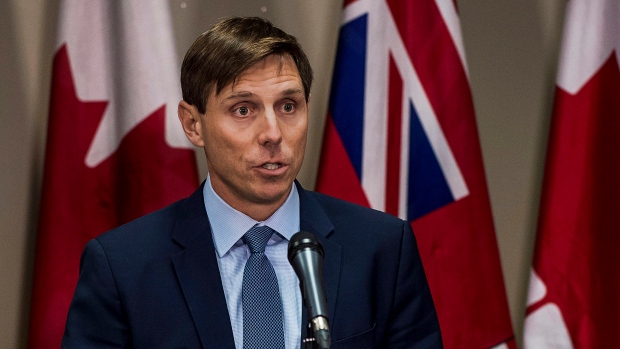
With supposedly more vote than anyone else in the leadership race but no longer a candidate – the big question is – where are those votes going to go?
But if those Brown supporters do vote, you can be sure it won’t be for Tanya Granic Allen. Her aspersions of party corruption have smeared them as well as their former leader. Brown was not at the debate to defend himself, having dropped out of the race only a couple days earlier.
But, as was obvious to the viewers, the ghost of Patrick Brown was alive and well and he was certainly there, if only in spirit. Even in absentia he was forced to absorb the slings and arrows of this 11th hour coup by his ambitious competitors for the job of party leader. And the repeated references to his presumed wrong doings helped to remind voters about that old adage of pots and kettles. For a party, once known for the professionalism of its Big Blue Machine, this debate was a shameful exhibition of political naivety and cannibalism.
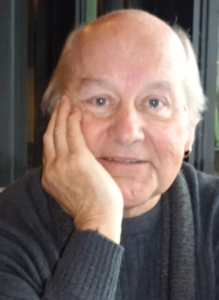 Ray Rivers writes weekly on both federal and provincial politics, applying his more than 25 years as a federal bureaucrat to his thinking. Rivers was once a candidate for provincial office in Burlington. He was the founder of the Burlington citizen committee on sustainability at a time when climate warming was a hotly debated subject. Tweet @rayzrivers
Ray Rivers writes weekly on both federal and provincial politics, applying his more than 25 years as a federal bureaucrat to his thinking. Rivers was once a candidate for provincial office in Burlington. He was the founder of the Burlington citizen committee on sustainability at a time when climate warming was a hotly debated subject. Tweet @rayzrivers
Background links:
PC Leader’s Debate – PC Leaders Polling – Reality or Fiction –
Mulroney Walks Away – Brown is Better Off –














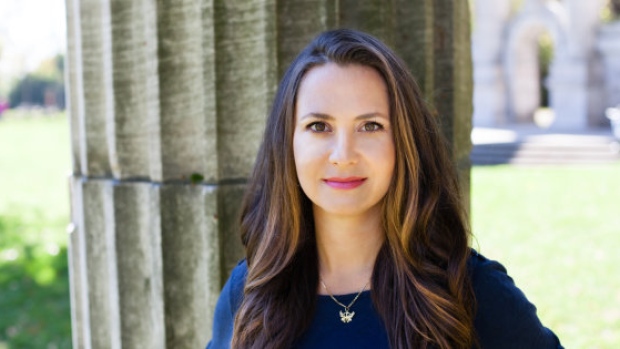

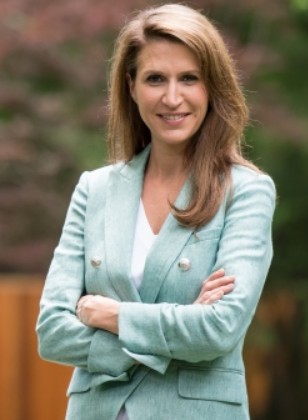
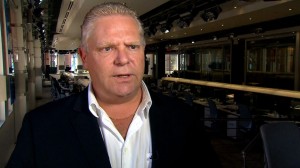







Tanya Granic Allen has been the real surprise throughout this leadership campaign. She is a skilled debater, a great public speaker, and has shown more energy and zeal than most of her competitors, notably Caroline Mulroney. For someone who has never been elected she has shown more grit and determination than one would normally attribute to a political neophyte. That being said, she is neither moderate nor pragmatic in her approach to public policy. The thing she brings to this campaign though, for which she deserves enormous credit, is the ability to speak truth to power and raise important issues; namely, the backroom machinations that allegedly impacted the outcome of a number of PC nominations.
There is still a sizeable information gap on what Patrick Brown did or didn’t do as leader. However, whatever stench may emanate from his rotting political corpse doesn’t obscure the fact that fifteen years on the provincial Liberal government is essentially moribund. Another resignation this week from Health Minister Eric Hoskin conveys an growing sense that Kathleen Wynne’s government is a sinking ship listing at 45 degrees and about to go under.
This election, I suspect many voters will believe the devil you know might actually be worse than the one you don’t know.